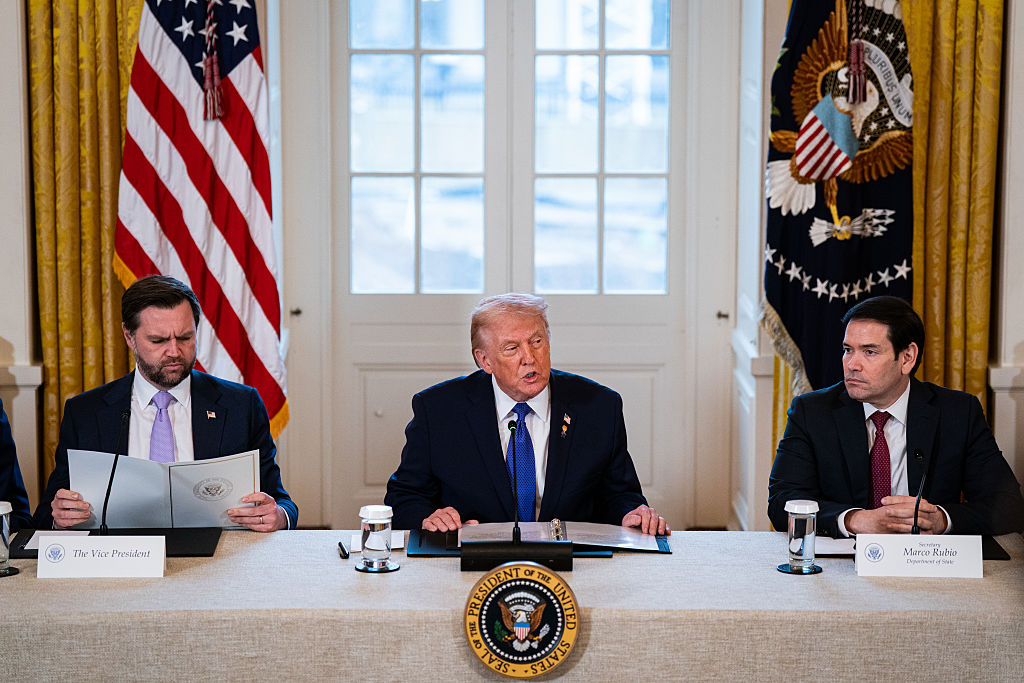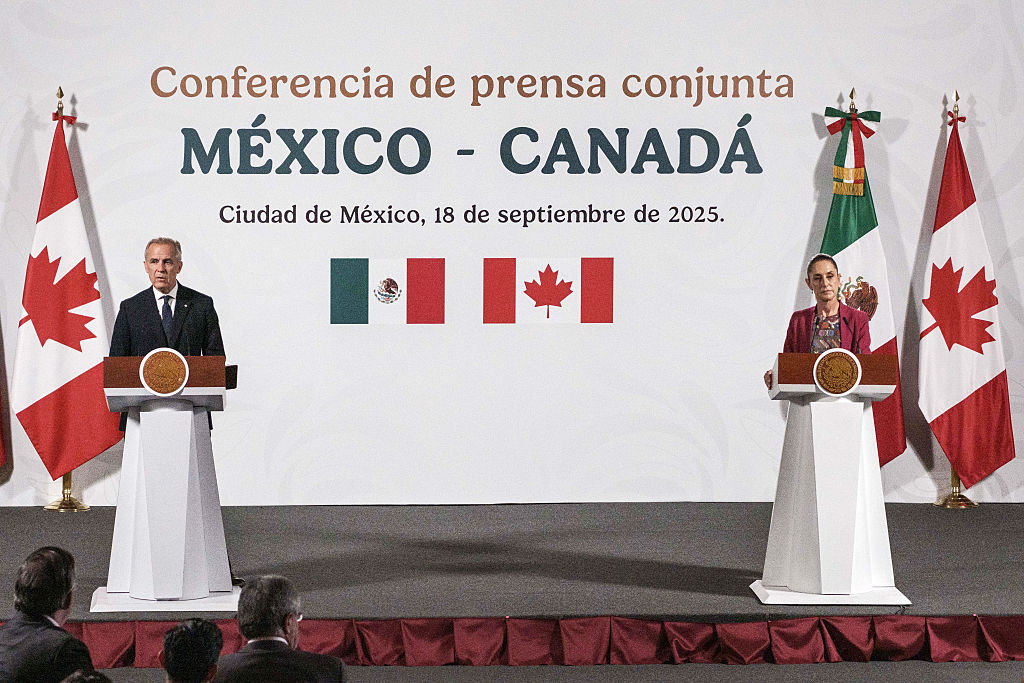As Supreme Court Weighs Health Care Law, So Do Latino Voters
As Supreme Court Weighs Health Care Law, So Do Latino Voters
Beyond immigration, health care is a serious concern for Hispanic voters. The outcome of the Supreme Court’s case on the Affordable Care Act could ultimately influence the Latino vote in November.
On March 26, the U.S. Supreme Court will begin hearing arguments on the constitutionality of the Affordable Care Act, a 2010 law that sought to expand health insurance access to Americans, restrict insurance companies from limiting coverage, and require all Americans to have insurance coverage. Judges will deliberate over the next three days on a number of issues, including whether the insurance mandate can be challenged before taking effect in 2014 and if the coverage mandate is constitutional. The outcome of the case will have an important effect on Latino voters in the November presidential elections, as Hispanics are the largest ethnic group in the United States lacking health insurance. Some political analysts believe Latino voters could sway the election and, given a tendency to vote on issues rather than party affiliation, health care could be a key component of winning the Hispanic vote.
Latinos are among the most vulnerable groups when it comes to health care in the United States. In 2010—before the law went into effect—around one-third of Latinos had no health insurance, and 39 percent of Hispanic children lacked coverage. The same year, one in six Latinos under the age of 65 had a pre-existing condition. Currently, over half of Latinos between the ages of 18 and 44 do not have a doctor. Moreover, the recent economic crisis took a toll on Hispanics with coverage. An October 2011 survey of Latino voters found that over the past two years, 28 percent lost their health insurance, and 17 percent currently lack coverage. Over half of Latinos reported a rise in health-care costs last year.
The new law brought benefits to Latinos, who gained access to insurance and expanded coverage. In 2011, 6.1 million Hispanics received preventative coverage at no additional cost. Around 736,000 Latinos under 26 were able to stay on their family’s insurance plan because of the law—the largest increase of any minority group. The clause forbidding lifetime caps on coverage benefited 11.8 million Hispanics. With the expansion of Medicaid and tax credits, an additional 9 million uninsured Latinos will become eligible for coverage.
Health care could be a critical issue among Hispanic voters, since over half favor keeping the law in place. Support among Latinos is on the rise, from 49 percent in March 2011 to 57 percent in January 2012. They overwhelmingly back much of the law, such as extended coverage for low-income Americans, tax credits for small businesses, and preventing insurance companies from denying coverage because of medical history. But a majority of Hispanics—59 percent, according to an October 2011 survey—reject the law’s mandate requiring all Americans to have health insurance or pay a fine. Still, Latinos tend to be less concerned about government intrusion, differing from some of the law’s critics. “The majority of Latinos see government action on social issues like these in a favorable light,” said Matt Barreto, an advisor for Hispanic political website Latino Decisions.
As a result of the Supreme Court case, Democrats and Republicans have zeroed in on the health care reform, reports The Wall Street Journal report. Republicans reached out to the laws’ opponents, while Democrats turned efforts toward women and Hispanic voters, since both groups “are especially open to feeling favorably toward the law after they hear consumer-oriented messages about it.”
Learn More:
- See an October 2011 report from the Henry J. Kaiser Family Foundation profiling Americans without health insurance, including Latinos.
- Read a White House blog post about how Latinos have benefited from the Affordable Care Act.
- Read Labor Secretary Hilda Solís’ op-ed on the Affordable Care Act (en español).
- See a round-up of articles and opinion pieces on the law from prominent Latino leaders.








